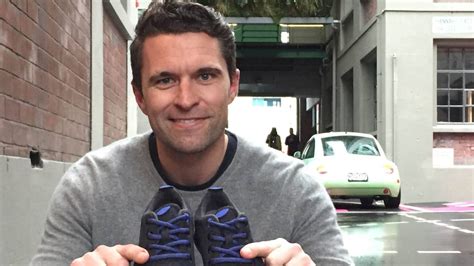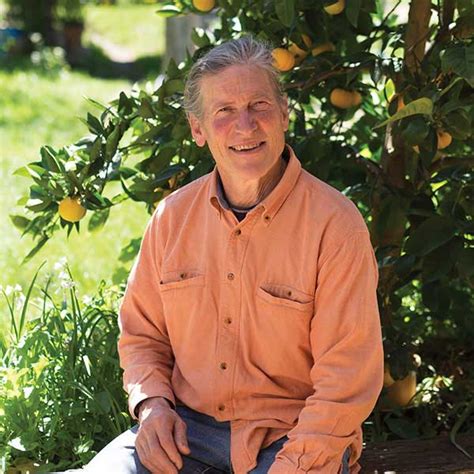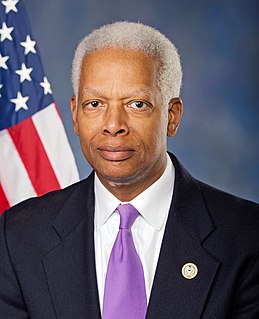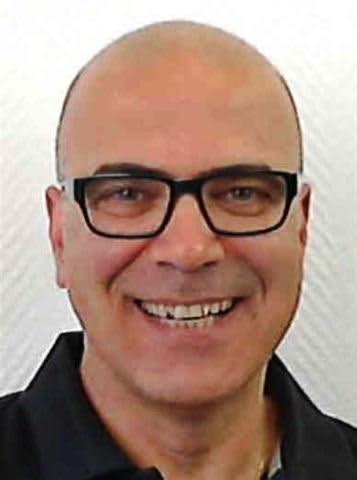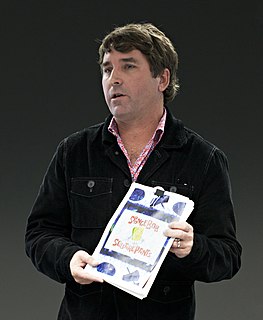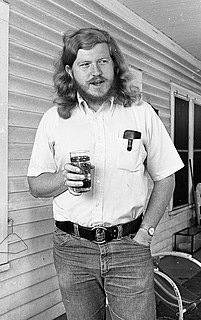A Quote by Wes Jackson
The dialectical or ecological approach asserts that creating the world is involved in our every act. It is impossible for us to operate in our daily lives and not create the world that everyone must live in. What we desire arranges the genetic code in all of our major crops and livestock. We cannot avoid participating in the creation, and it is in agriculture, far and away our largest and most basic artifact, that human culture and the creation totally interpenetrate.
Related Quotes
In our time we have come to the stage where the real work of humanity begins. It is the time where we partner Creation in the creation of ourselves, in the restoration of the biosphere, the regenesis of society and in the assuming of a new type of culture; the culture of Kindness. Herein, we live daily life reconnected and recharged by the Source, so as to become liberated and engaged in the world and in our tasks.
Sexuality is a part of our behavior. It's part of our world freedom. Sexuality is something that we ourselves create. It is our own creation, and much more than the discovery of a secret side of our desire. We have to understand that with our desires go new forms of relationships, new forms of love, new forms of creation. Sex is not a fatality; it's a possibility for creative life. It's not enough to affirm that we are gay but we must also create a gay life.
The way we live our daily lives is what most effects the situation of the world. If we can change our daily lives, then we can change our governments and can change the world. Our president and governments are us. They reflect our lifestyle and our way of thinking. The way we hold a cup of tea, pick up the newspaper or even use toilet paper are directly related to peace.
Our way out involves both resistance and renewal: saying no to what is, so that we can reshape and recreate the world. Our challenge is communal, but to face it we must be empowered as individuals and create structures of support and celebration that can teach us freedom. Creation is the ultimate resistance, the ultimate refusal to accept things as they are. For it is in creation that we encounter Mystery.
We have this idea that everyone should be totally independent, totally whole, totally together spiritually, totally fulfilled. That is a myth. In reality, our lack of fulfillment is the most precious gift we have. It is the source of our passion, our creativity, our search for God. All the best of life comes out of our human yearning, our not being satisfied.
If you understand it from an ecological or sustainability perspective, agriculture is the primary way we meet most of our needs, and it's the greatest form of human intervention on our environment. It has intimately shaped our culture as powerfully as industrial modernity, but for ten thousand years rather than two hundred.
We forget that we create the situations, then we give our power away by blaming the other person for our frustration. No person, no place, and no thing has any power over us, for “we” are the only thinkers in our mind. We create our experiences, our reality, and everyone in it. When we create peace and harmony and balance in our mind, we will find it in our lives.
I want to stress again that human rights are not peripheral to the foreign policy of the United States. Our pursuit of human rights is part of a broad effort to use our great power and our tremendous influence in the service of creating a better world, a world in which human beings can live in peace, in freedom, and with their basic needs adequately met.
The Church is likewise conscious of the responsibility which all of us have for our world, for the whole of creation, which we must love and protect. There is much that we can do to benefit the poor, the needy and those who suffer, and to favour justice, promote reconciliation and build peace. But before all else we need to keep alive in our world the thirst for the absolute, and to counter the dominance of a one-dimensional vision of the human person, a vision which reduces human beings to what they produce and to what they consume: this is one of the most insidious temptations of our time.
More than anything else, kindness is a way of life. It is a way of living and walking through life. It is a way of dealing with all that is-our selves, our bodies, our dreams and goals, our neighbors, our competitors, our enemies, our air, our earth, our animals, our space, our time, and our very consciousness. Do we treat all creation with kindness? Isn't all creation holy and divine?
Our characters act silly, even totally ridiculous at times, and most of our jokes don't come out of pop cultural references. It seems like we're aiming at a child audience, but everyone can laugh at the basic human traits that are funny. It's playful, the humor is playful, the world is playful. You can kind of let go.
We cannot escape from our daily routine, because it will go with us wherever we go.... God must be sought and found in the things of our world. By regarding our daily duties as something performed for the honour and glory of God, we can convert what was hitherto soul-killing monotony, to a living worship of God in all our actions. Everyday life must become itself our prayer.

